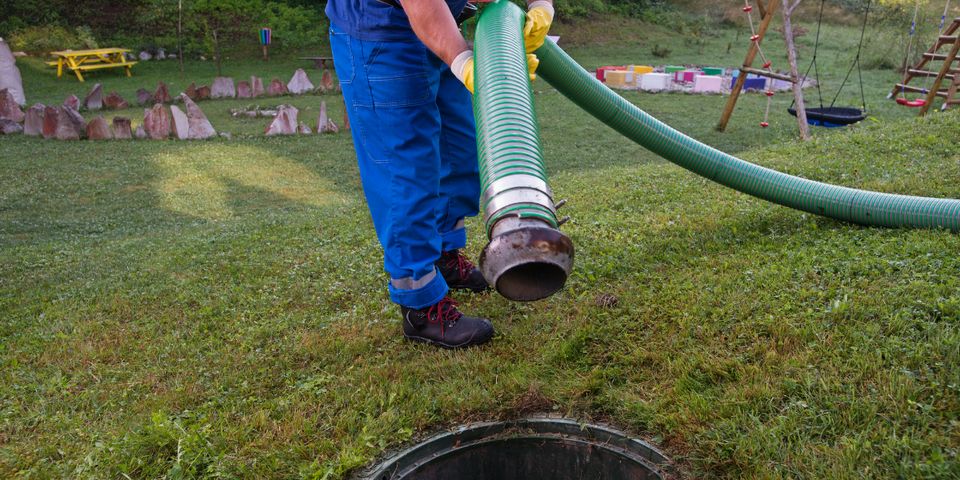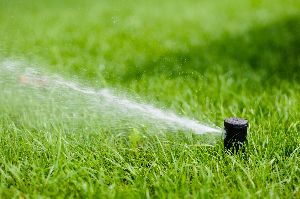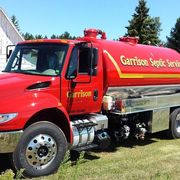How Are Standard and Aerobic Septic Systems Different?

Houses that aren't connected to city sewage lines use septic systems to dispose of waste. However, there are different types of residential septic tanks. Here's what you need to know about standard and aerobic systems.
What Is a Standard Septic System?
A standard, or anaerobic, septic system is what's found in most homes that aren't connected to city sewage services. This equipment uses specific strains of bacteria that don't require exposure to oxygen to break down waste.

Liquid and solid waste are stored in one tank, and the solid waste sinks to the bottom while the liquids rise to the top. Bacteria break down this waste and produce the byproduct of wastewater, which is released through pipes into an on-site disposal system; pressurized mounds of varing designs and below grade in-ground seepage areas.
How Does an Aerobic System Work?
The biggest difference between the way standard and aerobic systems work is the presence of oxygen in the septic tank. An aerobic system also uses three separate tanks. In the first tank, liquids and solids separate just as they do in a conventional septic tank.
Waste is then moved into a second tank, where an aerator circulates oxygen bubbles into it. This makes the waste easier for bacteria to consume. The wastewater that remains is flushed into a third container for disinfectant treatment. The disinfected water is then released into an on-site seepage area of proper design for the soil conditions.
Depending on how much space is available for a drain field and how quickly the soil absorbs water, your property may require an aerobic system. A standard system won't work when the soil doesn't allow for liquid to percolate. It also requires a larger drain field than an aerobic system does.
If you need help maintaining your septic system, count on Garrison Septic Service Inc. in Wisconsin. Since 1939, this highly respected business has served Wisconsin Rapids, Nekoosa, Stevens Point, Plover, Rome, and the surrounding communities. Visit their website or call (715) 325-7282 to schedule a repair, cleaning, inspection, or routine maintenance appointment.
About the Business
(3 reviews)
Have a question? Ask the experts!
Send your question

